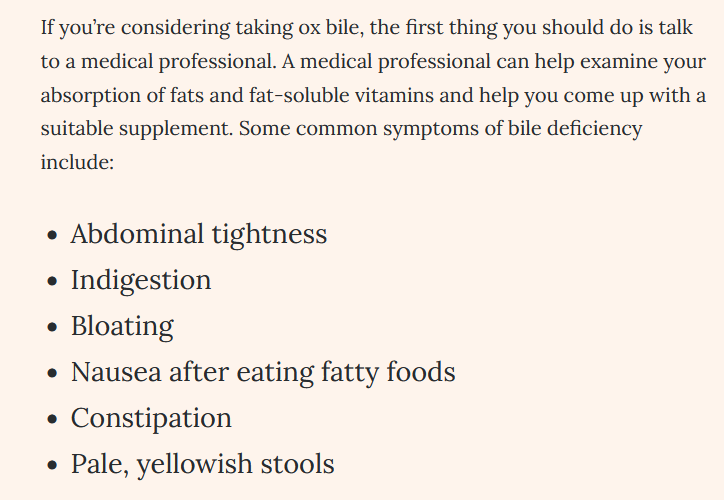So, I’ve been trying a higher “mass” diet. One thing that’s suggested is to eat animal fat first, then meat or other protein.
What I found:
- Eating pork fat from a local farm does seem to give me more energy and a more content feeling. (This could be from higher PUFAs, polyunsaturated fats, which supposedly raise ketones, but I did not take ketones.) Pork fat = the fat with the skin on it, the meat that would become bacon is gone. Only fat and skin remain. I put this in the oven, with lines cut into the skin, the make the skin crispy by frying the skin in lard/oil created by the same pork fat.
- Eating beef suet (low PUFA, high saturated fat) plus butter does not seem to have the same effect.
- Lean beef tastes so much better than fat, sorry to anyone who likes fat. I can’t wait to get to the meat.
I have been losing weight, but it’s a complex calculation, as mass and calories are intertwined. That is, eat butter by the scoop, and I don’t eat much. Less mass, and fewer calories. Melt butter into something, and I can eat a ton of butter. More mass, but more calories.
Anyway, I had to stop eating pork fat because when I do eat pork fat, I’ll go to the bathroom multiple times. (I believe it’s the same way with suet.) I’ve tried these sometimes (sometimes I forgot):
I can’t tell whether these helped or not.
If I have an issue with digesting animal fat, what could cause that?


